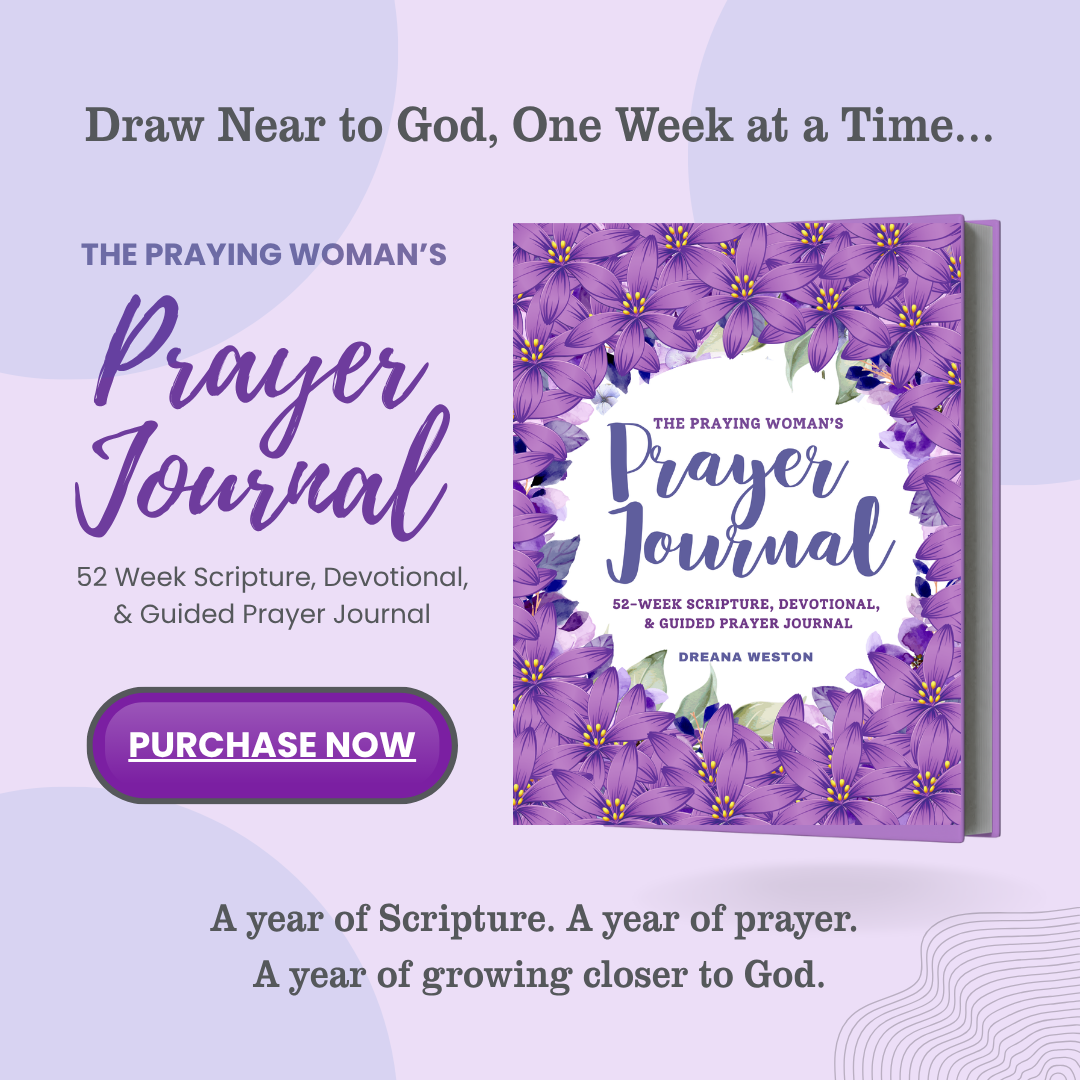
There are Biblical ways to resolve conflict so here are 3 great examples of how conflict can be achieved.
Abraham and Lot
“Let there be no strife between you and me, and between your herdsmen and my herdsmen, for we are kinsmen” (Gen 13:8).
Abraham was one of the most humble men on earth, but Lot, not so much. Both Abram (later, changed to Abraham) and Lot’s herds grew very large and it wasn’t long before conflict erupted between Abraham and Lot’s men.
It begins where we read that “Abram was very rich in livestock, in silver, and in gold” (Gen 13:2), but “Lot, who went with Abram, also had flocks and herds and tents, so that the land could not support both of them dwelling together; for their possessions were so great that they could not dwell together, and there was strife between the herdsmen of Abram’s livestock and the herdsmen of Lot’s livestock. At that time the Canaanites and the Perizzites were dwelling in the land” (Gen 13:5-7).
Apparently there were too many herdsman and livestock and not enough pasture, so Abraham and Lot’s herdsmen clashed with each other over the land since the land was not able to support both, and included in this conflict was the fact that “the Canaanites and the Perizzites were dwelling in the land,” so it was a very busy place, and knowing the conflict could lead to trouble, Abraham came up with an idea.
He said “Let there be no strife between you and me, and between your herdsmen and my herdsmen, for we are kinsmen. Is not the whole land before you? Separate yourself from me. If you take the left hand, then I will go to the right, or if you take the right hand, then I will go to the left” (Gen 13:8-9), “So Lot chose for himself all the Jordan Valley, and Lot journeyed east. Thus they separated from each other” (Gen 13:11).
Abraham solved this conflict by giving Lot the choice of where he wanted to be, and even though Abraham, as the Patriarch of the family, had the authority to take the best land, Abraham let Lot have the choicest land in order to avoid conflict. Unselfishness solved this conflict; Abraham’s unselfishness.
Jew and Gentile
God has “made no distinction between us and them, having cleansed their hearts by faith” (Acts 15:9)
When the church began to grow, the church began to include Gentiles, but this created a conflict between the Christians of Jewish heritage and the Gentiles.
The problem was some of the Jews were trying to make the Gentiles be circumcised, as it says, “some men came down from Judea and were teaching the brothers, “Unless you are circumcised according to the custom of Moses, you cannot be saved.”
And after Paul and Barnabas had no small dissension and debate with them, Paul and Barnabas and some of the others were appointed to go up to Jerusalem to the apostles and the elders about this question” (Acts 15:1-2).
This conflict threatened to deeply divide the church, so when Paul and Barnabas “came to Jerusalem, they were welcomed by the church and the apostles and the elders, and they declared all that God had done with them.
But some believers who belonged to the party of the Pharisees rose up and said, “It is necessary to circumcise them and to order them to keep the law of Moses” (Acts 15:4-5), so “The apostles and the elders were gathered together to consider this matter.
And after there had been much debate, Peter stood up and said to them” (Acts 15:6-7a) that God has “made no distinction between us and them, having cleansed their hearts by faith. Now, therefore, why are you putting God to the test by placing a yoke on the neck of the disciples that neither our fathers nor we have been able to bear” (Acts 15:9-10).
Then, “all the assembly fell silent, and they listened to Barnabas and Paul as they related what signs and wonders God had done through them among the Gentiles” (Acts 15:12).
The solution was “that we should not trouble those of the Gentiles who turn to God, but should write to them to abstain from the things polluted by idols, and from sexual immorality, and from what has been strangled, and from blood” (Acts 15:19-20).
Problem solved…by meeting and discussing the conflict.
Believers and Non-Believers
“Love your enemies and pray for those who persecute you, so that you may be sons of your Father who is in heaven” (Matt 5:44).
There is a lot of conflict in this world, but some of the most intense conflict for believers comes from those who do not believe in Christ.
Non-believers often hurl insults at believers and persecute them severely in some cases, even within families, so how can we resolve the conflict in our lives with those who want nothing to do with Christ?
Jesus gives us the supreme example of this in Matthew 5.
To begin with, He says, “Blessed are those who are persecuted for righteousness’ sake, for theirs is the kingdom of heaven” (Matt 5:10), and “Blessed are you when others revile you and persecute you and utter all kinds of evil against you falsely on my account” (Matt 5:11).
That’s a hard thing to do isn’t it? When we have evil spoken against us, even falsely, we naturally want to defend ourselves, and trade insult for insult, and some believers do, but here’s how Jesus wants us to resolve this conflict.
He says, “Rejoice and be glad, for your reward is great in heaven, for so they persecuted the prophets who were before you” (Matt 5:12).
Even more, Jesus tells us, “Love your enemies and pray for those who persecute you, so that you may be sons of your Father who is in heaven. For he makes his sun rise on the evil and on the good, and sends rain on the just and on the unjust” (Matt 5:44-45).
What happens is when we begin to love those who hate us and pray for those who curse us, the hurtful words of persecution begin to lose their sting. We see them through the eyes of God and think about Jesus who died for us while we were still His enemy (Rom 5:10).
This makes us more like the “sons [and daughters] of [our] Father who is in heaven.”
We do realize, don’t we, that God sends the rain on the just and the unjust, so we too should be like the rain, having no discrimination against those who hate us, for we were once as they were. That’s a mindset that allows us to resolve conflict, even if it’s for our faith in Christ.
Conclusion
There are several more conflict resolution examples in the Bible, but the biggest conflict for us was resolved on the cross by Christ.
The wrath that was due us was placed on Christ, and now we are at peace with God (Rom 5:1) because there is no more condemnation (Rom 8:1).
Jesus Christ resolved the conflict between us, who are sinners, and God, Who is holy, so it was Jesus Himself Who reconciled sinners unto a Holy God by imputing His righteousness toward us (2 Cor 5:21).
There was no other way to resolve this cosmic conflict. Jesus was the only way (Acts 4:12), and even though some complain that it’s narrow-minded to say Jesus is the one and only way, we should be thankful to God that there is even any way.






